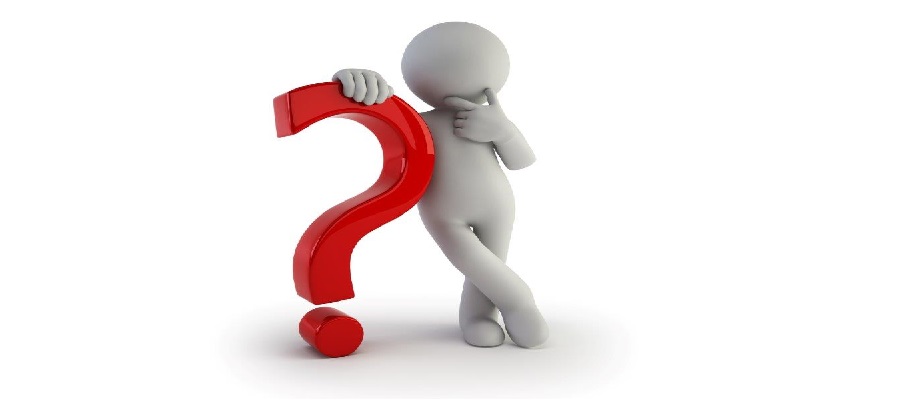Many adverbs are formed by adding the suffix –ly to an adjective (badly, happily, quickly, etc.). Some adjectives and adverbs have the same form (fast, hard, etc.). In some cases, the adverb may have two forms – one like the adjective and the other with –ly. There is usually a difference in meaning or use though. Let’s have a look at such adverbs (some of them have more meanings than those described here).
bright/brightly
bright = brightly (usually with the verbs ‘burn’ and ‘shine’)
The sun shone bright all day.
brightly = in a cheerful manner
She answered all my questions brightly.
cheap/cheaply
cheap = cheaply, for a low price (especially after verbs ‘buy’, ‘get’, ‘sell’)
I bought this jacket cheap in a sale.
cheaply = without spending or costing much money
China can make textiles cheaply.
clean/cleanly
clean = completely
I clean forgot about the money he had lent me.
cleanly = in a clean way
Do your job as cleanly as possible.
clear/clearly
clear = not near or touching something
Stand clear of the door!
clearly = in a way that is easy to see, hear or understand
She explained the problem clearly.
dead/deadly
dead = completely, exactly
You’re dead right!
deadly = extremely
I’m deadly serious.
dear/dearly
dear = at a high price
I got that bike cheap and later sold it dear.
dearly = very much
She loves her daughter dearly.
deep/deeply
deep = a long way down or into something
We had to dig deep to find the treasure.
deeply = very much
We deeply regret the inconvenience we have caused you.
direct/directly
direct = without stopping or changing direction
We flew direct to New York.
directly = in a direct line or manner
She was looking directly at me.
easy/easily
easy = in a relaxed way
Don’t panic! Just take it easy.
easily = without problems or difficulty
He lifted the heavy bag easily.
fair/fairly
fair = according to the rules and honestly
To play fair is more important than to win at all costs.
fairly = to some extent but not very
The English test was fairly diffi cult.
fine/finely
fine = in an acceptable way
You’re doing fine, just carry on.
finely = into very small pieces
For this recipe you need one big finely chopped onion.
firm/firmly
firm = not likely to change
I tried to make her change her mind, but she stayed firm.
firmly = in a strong or definite way
We made an agreement and shook hands firmly.
flat/flatly
flat = spread out in a level position against another surface
He fell flat on his face.
flatly = absolutely, completely, in a definite way
Dad flatly refused to lend me his car.
free/freely
free = without payment
You can eat free in our family restaurant.
freely = without limit or restriction
You can move freely around here.
full/fully
full = directly
She struck him full in the face.
fully = completely, entirely
I fully understand why he quit the job.
hard/hardly
hard = with great effort, energetically
I trained really hard for the marathon.
hardly = almost not
We hardly know each other.
just/justly
just = exactly
This is just the thing I need now.
justly = in accordance with justice
He was justly punished for his crimes.
late/lately
late = after the expected or usual time
I had to work late yesterday.
lately = recently
I haven’t been to the cinema much lately.
pretty/prettily
pretty = quite, fairly, to some extent
The exam was pretty difficult.
prettily = in an attractive way
The little girl smiled prettily at the camera.
right/rightfully
right = correctly, in the right way
You did it just right.
rightfully = justifi ably, for a good reason
Mr Gordon is rightfully proud of his two daughters.
rough/roughly
(pronunciation – raf)
rough = using force and/or violence
He was sent off the field for playing rough.
roughly = approximately, with bare essentials only
I’ve sketched the landscape roughly.
sharp/sharply
sharp = exactly (used with time)
Please call me at ten o’clock sharp.
sharply = suddenly and by a large amount
The prices fell sharply after Christmas.
short/shortly
short (go/run short of) = not to have enough of something
We’ve run short of coffee.
shortly = soon, in a short time
I’ll be with you shortly.
strong/strongly
strong (going strong) = be healthy, active and/or successsful
Grandad is over eighty and still going strong.
strongly = to a high degree
I am strongly opposed to the idea.
wide/widely
wide = as fully as possible
Please open your mouth wide.
widely = by a lot of people
His articles are widely read.
There are also words which end in –ly but are adjectives only, e.g., friendly, lonely, lovely, costly, cowardly, unlikely, and words ending in -ly which are both adjectives and adverbs, e.g., daily, weekly, monthly, yearly, early, leisurely. This might be a good topic for another article… .
Daniel Miklošovič

